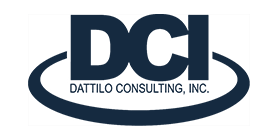
26 Jan New federal law & protection against bankruptcy from surprise medical bills
By Grant Dattilo
Pete[i] (see below) suffered a heart attack and received care at a Minnesota hospital. Weeks later, the hospital demanded he pay almost $55,000 out of his own pocket for their services—the portion his health insurance didn’t pay. Surprise!
Congress did something good about surprise billings. The new changes affect both fully- and self-insured plans.
Congress passed the Consolidated Appropriations Act of 2021 (HR133) in late December 2020. President Trump signed it on December 27. Most Americans have little knowledge of its provisions regarding surprise medical bills—they are concentrating on the $600 checks from the government the bill ordered.
One entire section of HR133, called the “No Surprises Bill,” specifically included language to attempt to prevent surprise medical billings.
Surprise billings happen when a patient receives medical care that includes services not covered by insurance, or that is out of network. The bills can be shocking and unaffordable, at the very least causing mental distress and in the extreme, bankruptcy. We provided a true story about this in a previous article.
Clearly, something needed to be done to control surprise billings. HR133 attempted to do that on the federal level. New measures are currently being introduced in the Minnesota legislature.
Here’s a true story of how devastating these bills can be:
“This example[ii] is based on an actual claim in Minnesota during 2018. Pete had heart surgery at a Minnesota hospital. Like other patients, without knowing the implications, Pete signed an open-ended contract promising to pay whatever the hospital charged for his heart surgery.
“The hospital knew Pete was out-of-network, as he had provided the hospital with his insurance card prior to the surgery. The hospital never informed Pete that he was out-of-network and was 100% liable for the total billed amount. Later, when asked why the hospital did not inform Pete of his network status, the hospital administrator said it was the hospital’s procedure not to inform the patient, but instead, it is the patient’s responsibility to determine their insurance status.
“The hospital and surgeon billed the insurance company at 250% of Medicare. The insurance company paid the hospital 140% of Medicare at the out-of-network rate — $48,629. The hospital expected Pete to pay the $54,749 balance, based on the billed amount of $103,378. The hospital pointed to the open-ended contract Pete had signed as justification to refuse to negotiate a lesser amount with him, instead hiring a collection agency to go after Pete for the entire $54,749 balance.
“When confronted about the facts in Pete’s case, and informed that Pete very likely would be forced to file bankruptcy, the hospital continued to refuse to negotiate a lesser amount. The hospital knew it stood to receive nothing and Pete’s credit rating would be destroyed, but the administrator said, “This is our hospital policy. I am sorry. There is nothing we can do.”
“In addition to the hospital charges, the anesthesiologist, a subcontractor chosen by the surgeon and hospital, was out-of-network. But again, no one told Pete.
“The anesthesiologist billed Pete’s insurance company $8,692, 1,315% of Medicare. Had Pete been a Medicare enrollee, the government would have allowed a payment of $661 and the anesthesiologist would have had to accept it as full payment.
“However, Pete’s insurance paid 140% of Medicare ($925) as the out-of-network rate as full payment. Pete received a surprise bill from the anesthesiologist for $7,767 with a demand to pay the full billed amount – 1,315% of Medicare.
“Pete refused to pay the anesthesiologist’s unfair balanced bill, but the anesthesiologist threatened him with collection actions.”
In this example, Pete’s employer decided to pay the surprise billing amount. Everyone, except for the providers, agreed this was morally wrong, even though legal. This is the problem HR113 is trying to fix, and it helps a great deal.
What HR133 would do for Pete
HR133 provides retroactive measures to protect Pete from a surprise bill like this. After Pete receives services, HR133 limits his obligation only to his deductible and out-of-pocket maximums as defined in his health insurance policy. The insurance company is obligated to pay the hospital and anesthesiologist the amount they have already negotiated for providers who are in-network.
What about the huge balance insurance doesn’t cover? Pete is no longer responsible for it because of HR133. The law now specifies that the huge balance left over would either have to be written off by the providers, or they could negotiate a settlement between them. Pete is left out of the negotiation. Neither does Pete know the total settlement. The key issue for Pete is that he will not pay any portion of the settlement between the provider and insurance company.
There are more facts about HR133 concerning surprise billings and other health insurance provisions—we will share these in future articles.
More to do
We believe health care consumers would benefit greatly by knowing the price of care before using it. We also believe Pete and those like him should be protected from surprise billings, even if they’re incapacitated. HR113 certainly is a giant step forward, but it is reactive – it protects people after they have received medical care. We want to protect consumers from surprise billings before they happen—and this can be done here at the state level.
Minnesota has a reputation for leading the nation in health care reform, which is why we are working with others to create a Minnesota law to stop surprise billings before they happen.
States take the lead on a good deal of what eventually reaches Congress. So we continue to be engaged, helping to reform the law. Watch for future articles about these new Minnesota efforts.
[i] Fictitious name, but represents a real person.
[ii] Dattilo, Greg; Racer, Dave, (2020) The Manual – Healthcare 2020: Connecting the Dots. Alethos Press, St. Paul, MN. P. 20-21. https://themanualhealthcare2020.com

